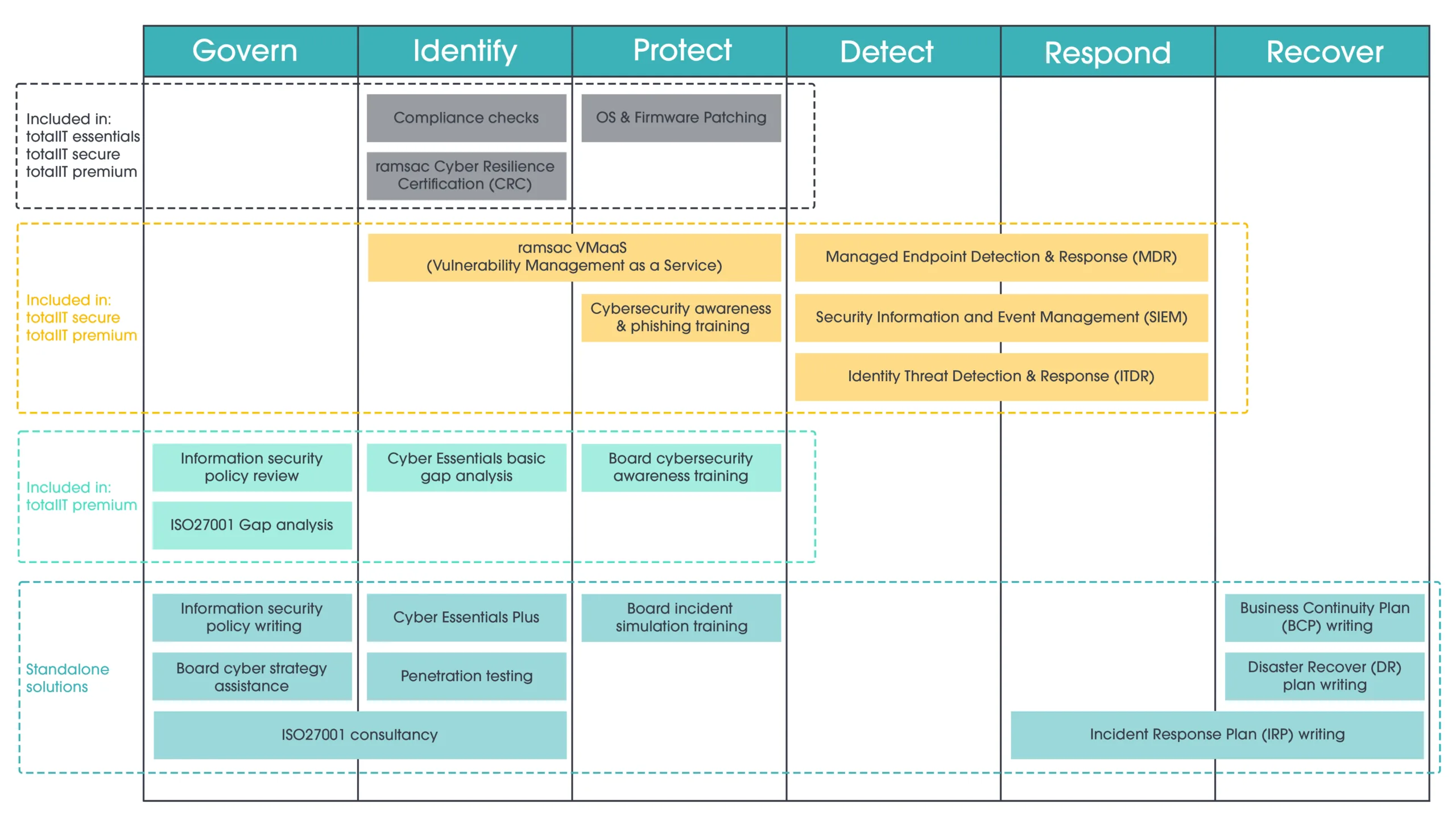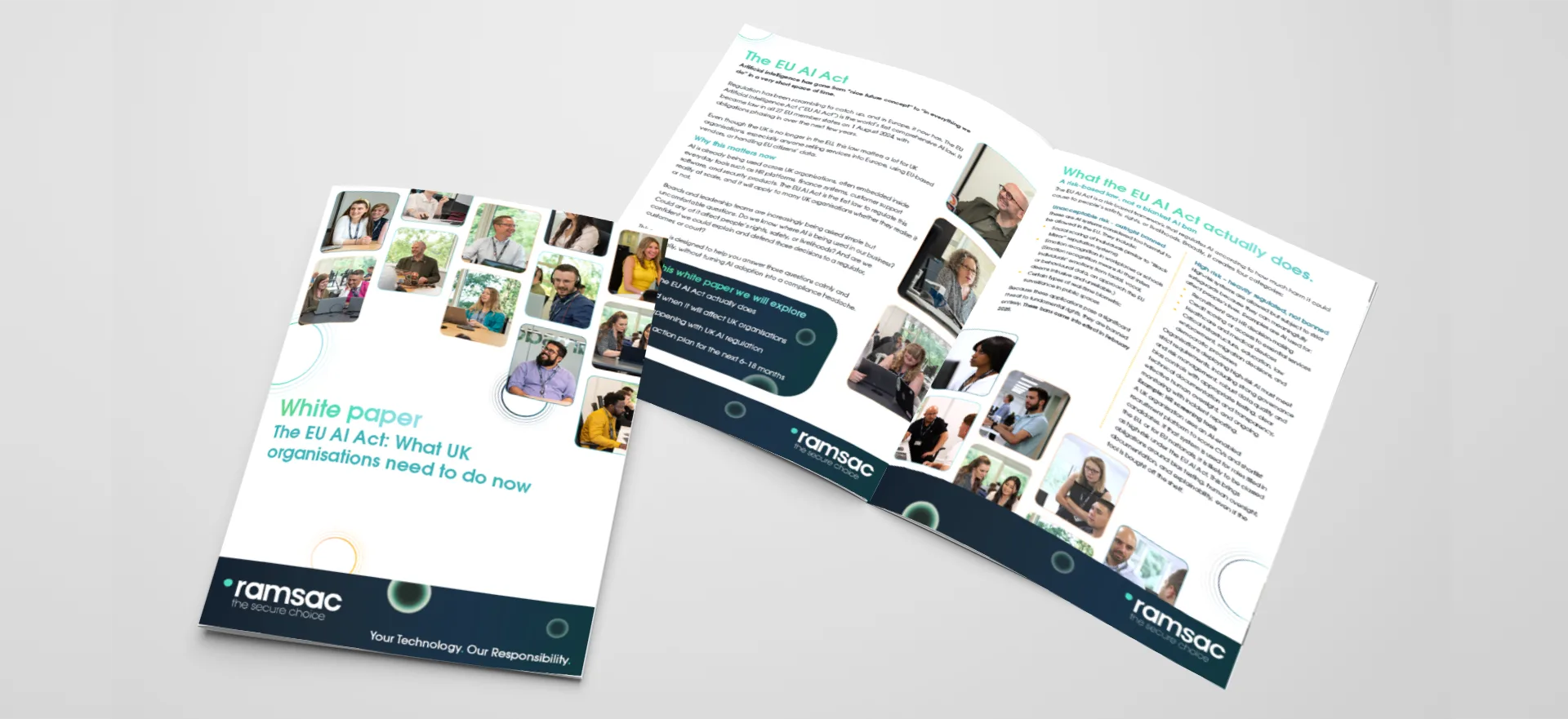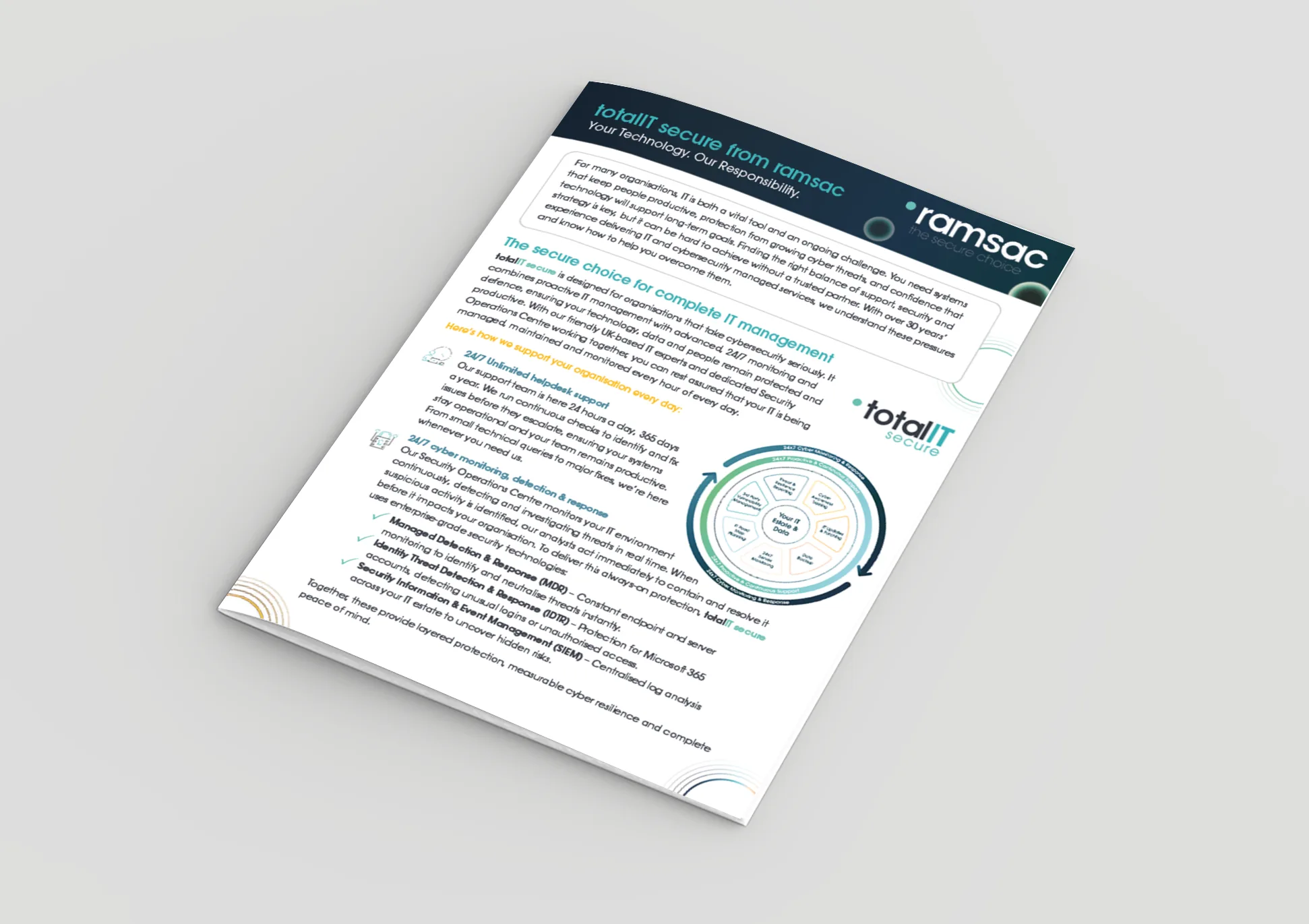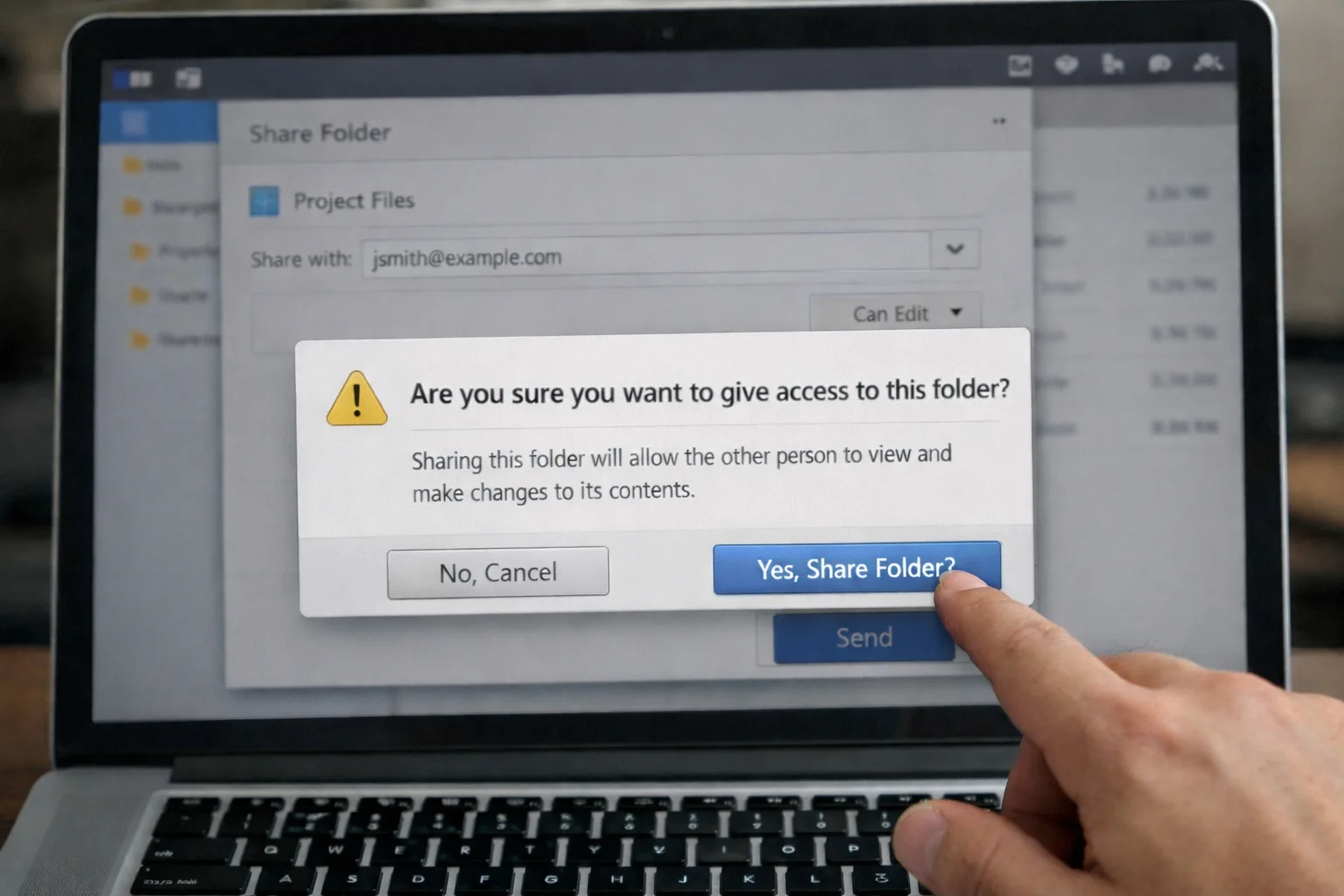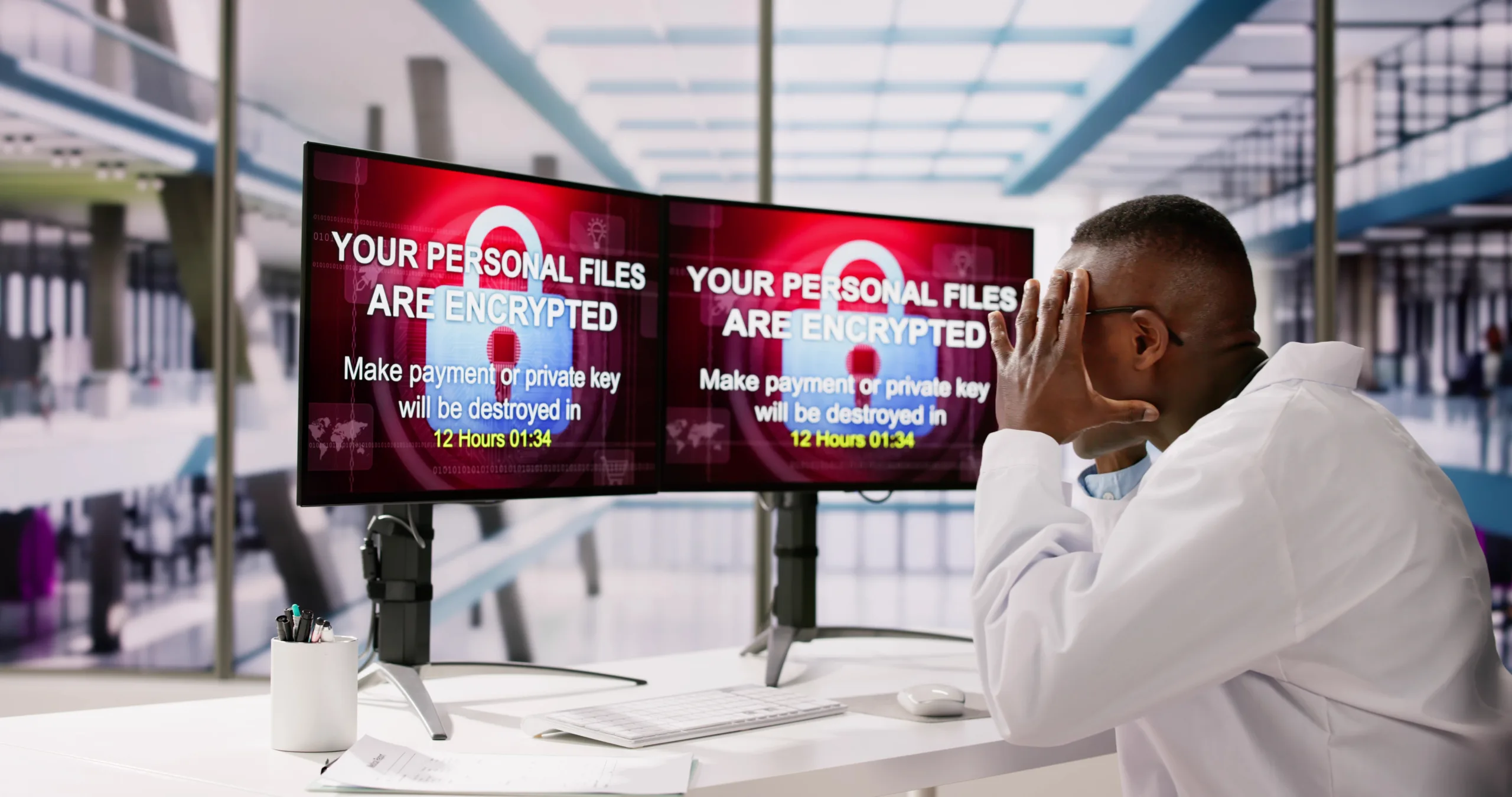Consider a typical scenario: your organisation is competing for a high-value contract. You’re up against another supplier offering a similar solution at a similar price point.
However, the competing organisation holds ISO 27001 certification. That signals a recognised commitment to information security and risk management. In many cases, that added assurance can be the deciding factor-and your organisation could miss out on the opportunity.
What is ISO 27001?
ISO 27001 is the international gold standard for information security management. It provides a structured framework for protecting data – whether it’s stored in the cloud, on servers, or tucked away in filing cabinets.
Think of it like a Michelin star, but for data protection. It tells clients, partners, and regulators that your business is serious about protecting information. ISO 27001 is not just for large enterprise size organisations, it’s designed to scale, meaning it’s just as relevant to SMEs.
Why should you care?
In a world where data breaches dominate headlines and trust is harder to win, ISO 27001 is more than a nice-to-have – it’s a strategic advantage.
ISO 27001 helps organisations build trust, reduce risks, and streamline compliance. It demonstrates a proactive approach to data protection, supports regulatory alignment, and fosters a stronger internal culture around information security.
Myth-busting: let’s clear the air on ISO 27001
We’ve heard it all, so let’s bust a few common myths wide open:
💭 Myth #1: “It’s too complex for us”
Truth: ISO 27001 sounds technical, but it’s completely manageable with the right guidance. You don’t need to be a cybersecurity expert-you just need a structured plan and a partner who understands the process.
💷 Myth #2: “It’s too expensive”
Truth: A data breach is far more expensive. ISO 27001 is an investment in prevention-and it often pays for itself by helping you win new clients and avoid costly incidents.
🏢 Myth #3: “It’s only for big businesses”
Truth: SMEs are often more vulnerable to attacks. ISO 27001 is designed to be scalable and flexible, making it a perfect fit for growing businesses that handle sensitive information.
So, what’s involved in getting certified?
It’s not just a tick-box exercise. Achieving ISO 27001 means implementing an Information Security Management System (ISMS) that fits your business.
Here’s a simplified breakdown:
- Risk assessment – Identify threats to your data and assess how to manage them.
- Policies and processes – Put structure around how data is stored, shared, and protected.
- Controls – Implement practical safeguards like access permissions, backups, and encryption.
- Training – Get your team clued up on best practices.
- Internal audits – Check your systems regularly and make improvements.
- Certification – An external auditor assesses your setup and awards your shiny new badge.
The payoff: why it’s worth it
ISO 27001 certification provides tangible benefits such as increased trust with clients, improved internal practices, and a more resilient business. It can also open new business opportunities and deliver peace of mind by ensuring you’re better prepared for security incidents.
And let’s be honest – waiting until after a data breach is the worst time to take security seriously.
How ramsac makes ISO 27001 simple
Getting certified doesn’t have to be a headache. At ramsac, we break it down into clear, manageable steps and support you from day one.
We support businesses with tailored ISO 27001 consultancy. From initial gap analysis to implementation, audit preparation, and post-certification support, our team guides you through every stage of the process to ensure your ISMS is effective and sustainable.

Final word: don’t wait for a breach
Cybercrime isn’t slowing down. Clients are demanding more. And compliance pressures are increasing.
The best time to get ISO 27001 certified? Yesterday.
The next best time? Right now.
Let ramsac help you get there-efficiently, confidently, and with minimum fuss.
? Contact us today to chat with one of our ISO 27001 consultants and take the first step toward smarter, stronger security.




